Combining contemporary equipment such as welding turntables and laser welding robots is necessary to achieve welding efficiency. Manufacturers use this potent combination because it maximizes output and weld quality. This essay will go over how combining welding turntables with laser welding robots greatly increases productivity and facilitates the resolution of challenging welding tasks.
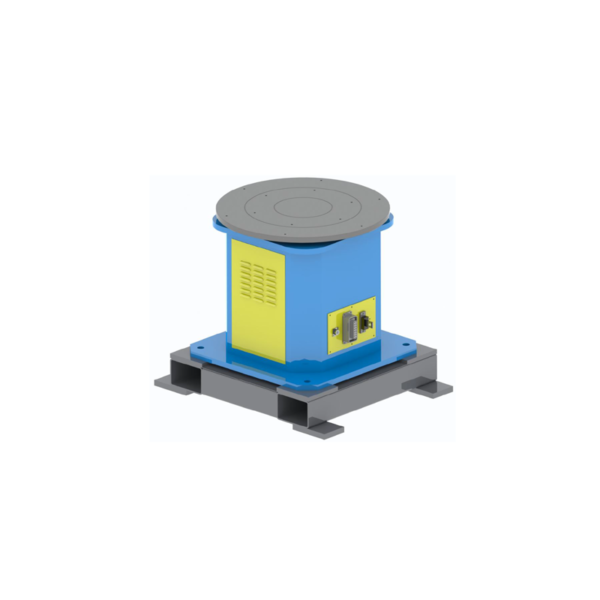
Presenting Welding turntables for Ideal Positioning
For effective placement during welding operations, welding turntables are essential equipment. They provide accurate rotation, which allows uninterrupted access to all areas of the workpiece by laser welding robots. Operators may quickly relocate heavy or complicated items with a welding turntable, guaranteeing precise and consistent welds. The turntable’s steady rotation guarantees excellent welds while lowering mistakes and flaws.
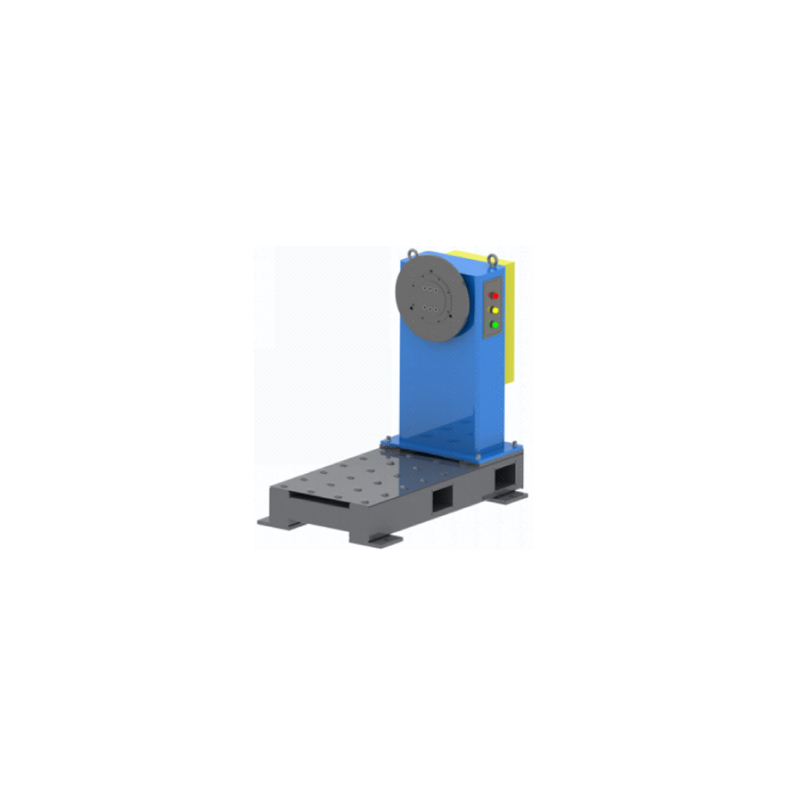
The Revolutionary Impact of Laser welding robots
Robots that use laser welding improve welding efficiency and accuracy. They are ideal for complex welding jobs because of their unmatched precision. Even more efficiency is attained by laser welding robots when paired with a welding turntable. Faster production cycles result from their ability to weld pieces continuously without the need for hand repositioning. This combination guarantees constant quality throughout high production quantities while simultaneously saving time.
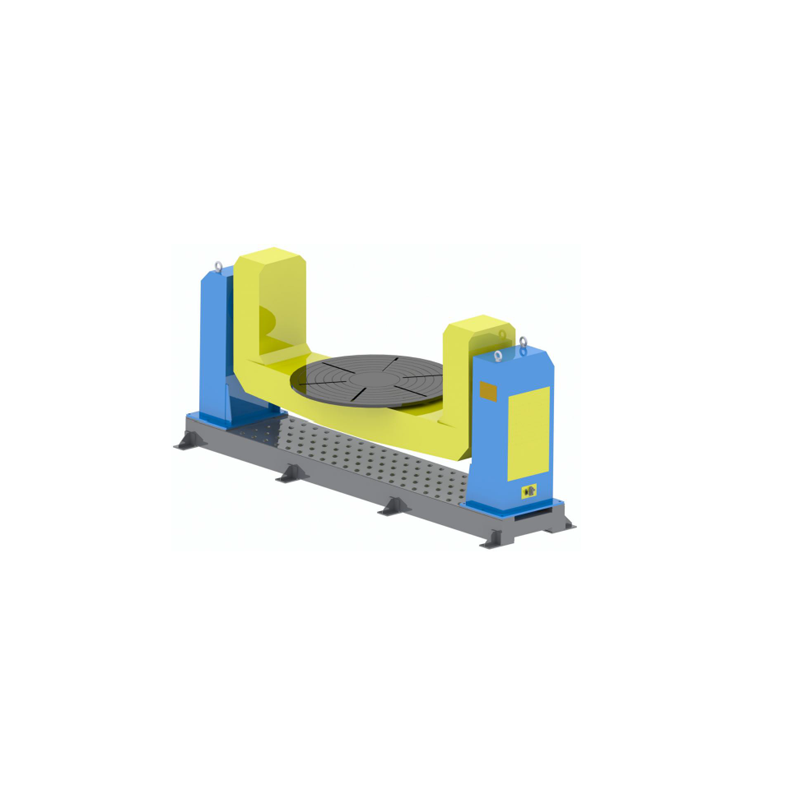
The Cooperation of Robots for Laser Welding and Turntables
A seamless welding solution is produced by integrating laser welding robots with welding turntables. Since turntables can rotate 360 degrees, laser welding robots can easily perform welds in difficult-to-reach places. This combination speeds up and improves the accuracy of welding, particularly for complexly shaped or cylindrical components. Turntables boost welding operations’ overall efficiency by reducing the need for frequent human adjustments.
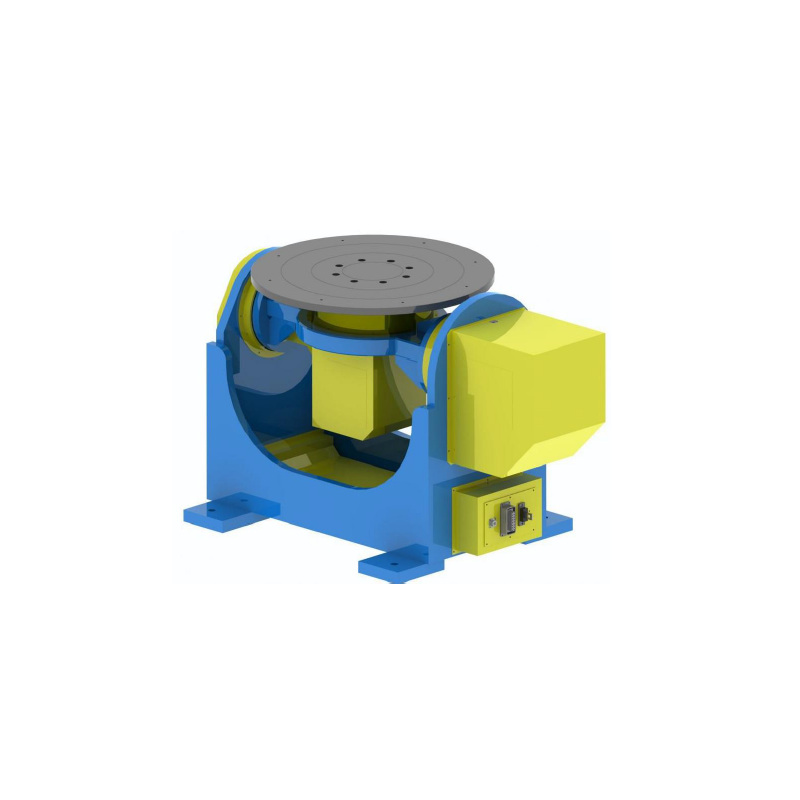
Enhanced Adaptability for Difficult Projects
Flexibility is much increased when laser welding robots are used with a welding turntable. Turntables make it easier to weld at numerous angles, which is frequently required for complex projects. Because of the combination, robots can handle components with uneven shapes without halting operations. Turntables allow laser welding robots to maintain uniformity regardless of how complex the weld is by allowing for positional freedom. For difficult welding jobs, its adaptability guarantees the best outcomes.
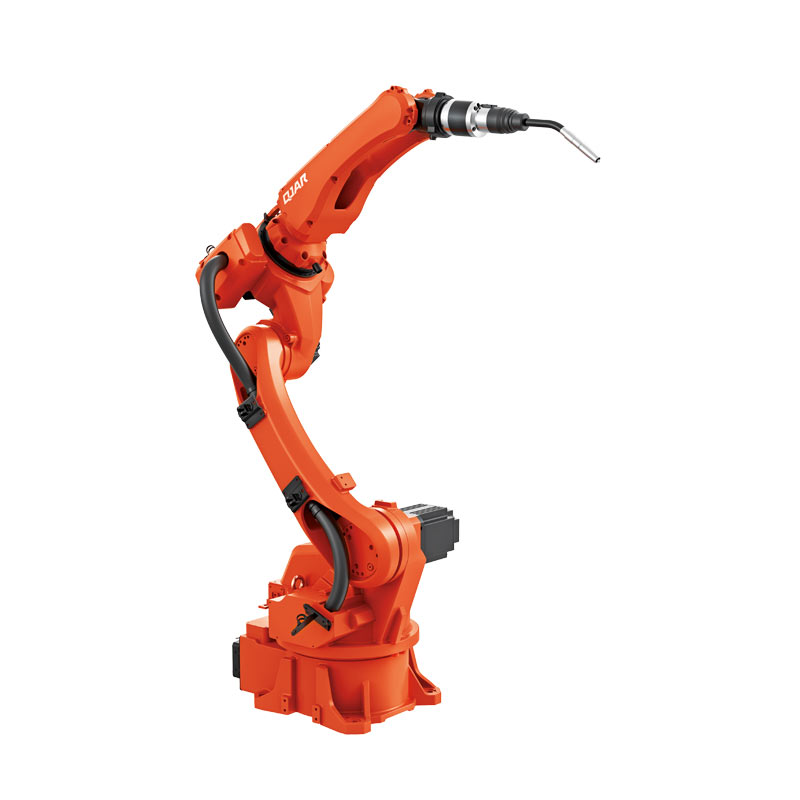
Productivity Gains with Automation
Productivity is increased when welding is automated with welding turntables and laser welding robots. Turntables reduce the need for human involvement in repositioning, and robots can do repeated, exact welds more quickly than manual workers. Because of this automatic setup, there is less downtime, enabling continuous operation and increased production. Manufacturers may fulfill strict production schedules while upholding high levels of quality by integrating these tools. For industries with high welding needs, it’s a revolutionary solution.
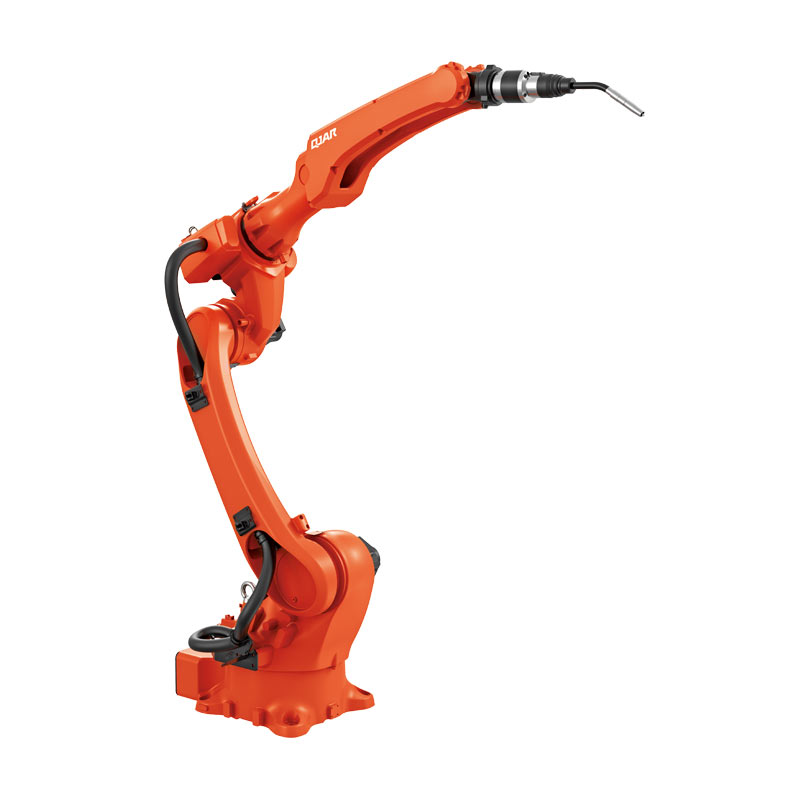
Utilization in Diverse Sectors
Applications for welding turntables with laser welding robots may be found in a number of sectors, including as heavy machinery production, aerospace, and automotive. When welding cylindrical objects—like pipes or frames—where full rotation is crucial, turntables are very useful. These sectors can easily produce high-quality welds because to the accuracy and dependability that laser welding robots offer. When combined, they assist companies in increasing productivity while decreasing mistakes and waste, resulting in a consistent and economical welding process.
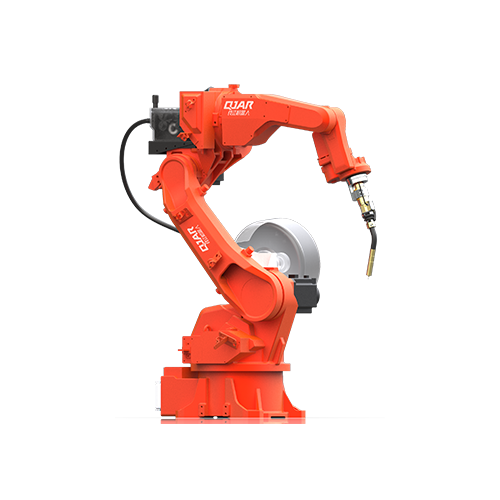
Conclusion: Using Laser welding robots and Turntables to Increase Efficiency
In summary, enhancing welding productivity, accuracy, and efficiency may be achieved by integrating laser welding robots with welding turntables. Welding turntables offer a steady rotation that enhances laser welding robots‘ precision and speed, leading to better weld quality and shorter production times. When these equipment are integrated, producers may obtain outstanding outcomes at cheap costs, whether they are used for repetitive, high-volume manufacturing or sophisticated welding operations. Any industry trying to keep ahead of the competition and improve its welding operations would be wise to invest in this solution.
